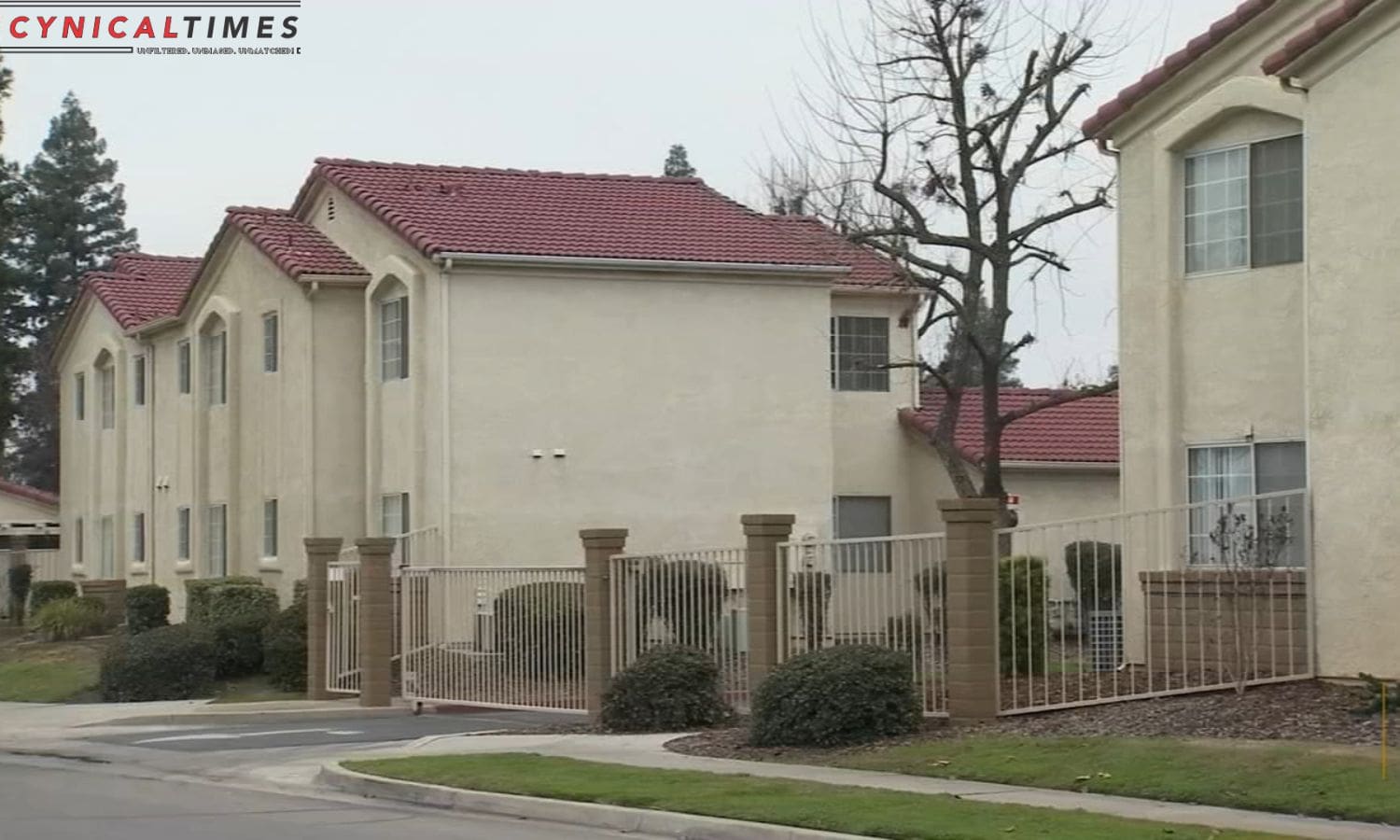California 2024 Housing Overhaul: In response to the ongoing housing crisis, California has implemented a comprehensive housing overhaul set to take effect in 2024.
The key components of the new legislation, exploring the financial relief for renters, affordable housing initiatives, and tenant protection measures.
Additionally, it examines the criticisms and concerns raised by landlords, shedding light on the ongoing debate surrounding landlord rights and tenant protections.
Stay informed and gain mastery over the changes shaping California’s housing landscape.
Key Takeaways Of California 2024 Housing Overhaul
- AB 12 sets a cap on security deposits at one month’s rent, providing financial relief for renters.
- Senate Bill 4 promotes the development of affordable homes and aims to make housing more accessible and affordable for all Californians.
- Senate Bill 567 prevents landlords from displacing tenants without a genuine need, ensuring fairness and stability in the rental market.
- The ongoing debate between landlord rights and tenant protections highlights the tension between property rights and fair housing.


Also Read: California Schools Embrace a Cursive Comeback in 2024
Financial Relief for Renters: AB 12 Caps Security Deposits at One Month
Under Assembly Bill 12, California renters will benefit from financial relief as it sets a cap on security deposits at one month. This legislation comes as a response to the previous challenges faced by tenants who were burdened with exorbitantly high security deposit requirements.
Renters have long expressed frustration over the financial impact of these deposits, often equivalent to multiple months’ worth of rent. The new law aims to level the playing field and alleviate the financial strain on tenants. By limiting security deposits to just one month’s rent, renters will have more disposable income to meet their other financial obligations.
This change will not only provide immediate relief but also foster a more affordable and accessible rental market. Tenants can now confidently pursue housing options without the fear of being financially stretched to their limits.
Affordable Housing Initiatives: Senate Bill 4’s Role in Housing Accessibility
Senate Bill 4 plays a crucial role in enhancing housing accessibility in California through its affordable housing initiatives. This bill aims to address the housing crisis in the state by implementing various measures that promote the development of affordable homes.
Here are three key aspects of Senate Bill 4’s affordable housing initiatives:
- Funding Allocation: The bill provides funding for the construction of affordable housing units, with a focus on low-income households. This allocation ensures that affordable housing projects receive the necessary financial support to be implemented effectively.
- Streamlined Approval Process: Senate Bill 4 streamlines the approval process for affordable housing projects, reducing red tape and bureaucratic hurdles. This allows developers to expedite the construction of affordable homes, making them available to those in need sooner.
- Inclusionary Zoning: The bill encourages the adoption of inclusionary zoning policies, which require developers to include a percentage of affordable housing units in their projects. This approach helps create mixed-income communities and increases the overall supply of affordable homes.
Through these initiatives, Senate Bill 4 aims to make housing more accessible and affordable for all Californians, addressing the pressing issue of housing affordability in the state.


Tenant Protection: Senate Bill 567 Targets Landlords Seeking Premises for Personal Use
The recent housing overhaul in California extends its focus on tenant protection, specifically targeting landlords seeking premises for personal use. Senate Bill 567 aims to prevent landlords from displacing tenants without a genuine need for personal occupancy.
Under this bill, property owners or their family members must meet certain requirements before moving into a property currently occupied by tenants. These requirements include providing written notice at least 90 days in advance, demonstrating a legitimate need for occupancy, and offering relocation assistance to displaced tenants.
The bill seeks to address the issue of landlords using personal use as a pretext to evict tenants and increase rental prices. By providing stronger tenant protections, Senate Bill 567 aims to ensure fairness and stability in the rental market while safeguarding the rights of tenants.
Criticisms and Concerns: Landlords’ Perspective on New Housing Laws
Landlords frequently express concerns and criticisms regarding the impact of new housing laws in California. These concerns revolve around the potential burdens placed on landlords and the limitations on their ability to effectively manage their properties. Here are three key criticisms and concerns from the landlords’ perspective:
- Increased rent control measures: Landlords argue that stricter rent control laws limit their ability to adjust rental prices based on market conditions, potentially leading to financial losses and discouraging investment in rental properties.
- Eviction restrictions: Landlords are concerned about the limitations imposed on their ability to evict tenants, particularly in cases of nonpayment or property damage. They argue that these restrictions can hinder their ability to maintain a financially sustainable rental business.
- Compliance costs: Landlords express worries about the increased costs associated with complying with new regulations, such as mandatory seismic retrofitting or providing additional affordable housing units. They argue that these expenses may be passed on to tenants through higher rents, further exacerbating the affordability issue.
Ongoing Debate: Landlord Rights vs. Tenant Protections in California
The ongoing debate between advocates for landlord rights and proponents of tenant protections in California continues to shape housing policies and legislation. On one side, landlords argue for the need to protect their property rights, maintain profitability, and ensure the ability to evict problem tenants. On the other side, tenant advocates argue for stronger regulations to protect renters from unjust evictions, unreasonable rent increases, and substandard living conditions. To better understand the contrasting viewpoints, consider the following table:
| Landlord Rights | Tenant Protections |
|---|---|
| – Ability to set rental prices based on market demand | – Protection against unfair rent increases |
| – Freedom to choose tenants based on their criteria | – Safeguards against unjust evictions |
| – Ability to terminate leases for valid reasons | – Right to safe and habitable living conditions |
This ongoing debate highlights the tension between the rights of property owners and the need to ensure fair and affordable housing for all. Finding the right balance between these competing interests is crucial for creating effective housing policies in California.

Conclusion Of California 2024 Housing Overhaul
California’s 2024 housing overhaul brings a range of changes aimed at providing financial relief for renters, promoting affordable housing initiatives, and enhancing tenant protection.
While these laws have been criticized by some landlords, they represent a significant step towards balancing landlord rights and tenant protections in the state.
As the ongoing debate continues, it is crucial to find a middle ground that ensures both affordable housing and fair treatment for all parties involved.
Our Reader’s Queries
Will house prices go down in 2024 California?
The median home price in California has risen by 4.5% YoY, reaching an average of $786,300. Experts predict that this trend will continue, with prices expected to increase further in 2024 due to limited inventory. Currently, the sale-to-list price ratio stands at 100.7%, indicating a slight decline of 1.4 pt YoY compared to September 2022.
What are the new laws for ADU in California 2024?
AB 976 is a new law that permits homeowners to rent their ADUs, which was already allowed but was set to expire. This law extends it indefinitely. Additionally, AB 434 is another new law that requires cities that have been slow to adopt ADUs to have plans in place by next year to accept them. This will ensure that more homeowners have the opportunity to utilize ADUs.
What is the new renters law in California 2024?
Starting April 1, Senate Bill 567 will modify the rules for “no fault just cause” tenancy terminations. Landlords will no longer be allowed to evict tenants in order to make room for their own family members, unless there are other vacant spaces on the landlord’s property.
What is the problem with housing in California?
One of the biggest challenges in developing new housing in the state is the resistance from existing residents, also known as NIMBYism (Not In My Back Yard). This community resistance can make it difficult to move forward with new development projects. Other factors that contribute to the difficulty of developing new housing include environmental laws, tax structures, high land costs, low density, the Coastal Commission, and construction costs. Despite these challenges, it is important to continue working towards creating more affordable and accessible housing options for all.

